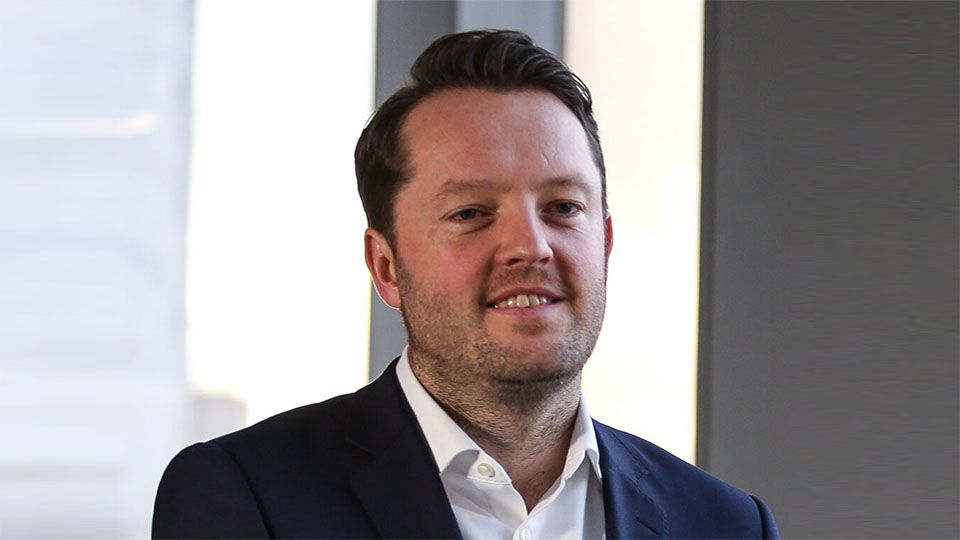The Elvis movie was one of the big cinematic hits of 2022 – and one of the King’s song titles, A little less conversation, a little more action, please, provides an apt summary of the progress many asset managers need to make in their sustainable investment journeys.
This gap between word and deed was one of the key findings from our 2022 Sustainable Investment Survey.
Collectively, firms have signed up to sustainable investment initiatives, made promises, hired staff and designed processes. But when asked for signs of tangible action, we didn’t really get the answers we’d hoped for.
Transition will take time (it’s a journey…)
Before we explore those gaps, we should acknowledge the areas of strong progress asset managers have made to date.
Overall, there are several core areas in which asset managers have made good progress. For instance, firmwide commitments to ESG and net zero are now clear and commonplace, as is an increased understanding of the importance and applicability of stewardship across asset classes.
In this area, managers tend to be conservative about their achievements. Our latest study shows that just 44% claim to be leading in their stewardship activities.
Elsewhere, the expansion of dedicated resourcing and staff training continues apace, as does participation in industry initiatives to boost ESG best practice (noting that active participation requires involvement, not just membership).
This is all encouraging headway.
But it’s hard to escape the perspective that the sustainable investment pendulum appears to have swung backwards in 2022.
Criticism from politicians and journalists – some warranted, some less so – has put the idea of ‘ESG investing’ on the back foot.
The investment industry hasn’t always helped itself, with some players displaying a tendency to overstate achievements. We’ve identified evidence of this in every year we’ve conducted our manager survey – and 2022 is no exception.
Significant progress required
A shift in focus is needed to drive real world change over the long term.
An obvious gap lies in measurement and reporting: how can asset managers legitimately claim to be meeting or leading in their practices when only just over half approach stewardship at the strategy level track and report their engagement activities and outcomes?
And how can they truly be delivering integration when so many cannot provide specific examples of buy or sell decisions influenced by ESG factors in the past year?
No individual or company can solve sustainability challenges alone, and nor is it their sole responsibility to do so. With increasing levels of scepticism, scrutiny and regulation, it may also seem that as an industry we are facing an uphill battle getting it right when it comes to ESG.
With that in mind, we’re concentrating on a number of key areas that will make a meaningful difference in shifting the dial from words to actions, and which we hope to see asset managers focusing on in the coming year.
Here’s our list of industry New Year Resolutions:
- Greater integration of ESG factors into portfolio manager remuneration.
- Systematic tracking and reporting of specific investment decision-making influenced by ESG factors, and of stewardship activities and outcomes.
- Measuring and monitoring of emissions data from investments, including Scope 3.
- Taking net-zero commitments that are currently firmwide to the strategy level – only then will the overall commitment actually be achieved.
- Equity managers fully exercising their voting rights, intelligently and with clear explanations.
- Clear processes for prioritising engagement activities, and greater use of collaboration and escalation in the event of inaction.
- Engagement seeking to reduce emissions or deliver other concrete change, not just improve disclosure.
- Robust conflicts of interest policies, and mechanisms to provide evidence that they’re being implemented.
- Awareness of the current quality of delivery across ESG and the opportunities for improvement within integration and stewardship approaches.
- Proactive engagement with emerging ESG themes, such as biodiversity and human rights.
- Greater measurement of ethnicity and socio-economic data within investment teams.
- Alignment between investment team makeup and broader demographics.
Change isn’t going to happen overnight. But by focusing on the areas outlined above, the pace of change will quicken – bringing us one step closer to a world where everyone is given a fair opportunity to thrive on a stable and flourishing planet.








